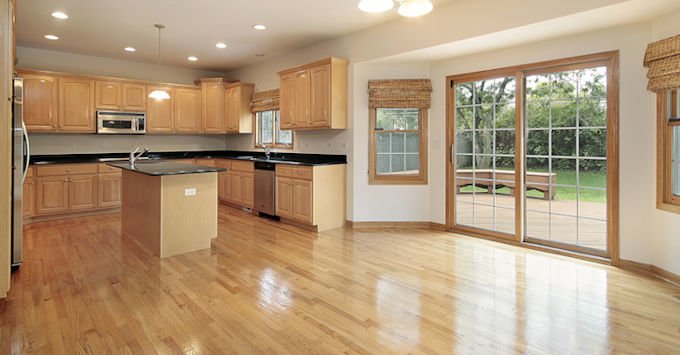
Do you have a vacant home, one that no one lives in, that you need to protect? Perhaps you have a seasonal home, one you visit a few times a year for a vacation. Some people travel extensively, leaving their existing, primary residence empty. How are you insuring these structures?
Chances are good you may not be protecting them in the right manner if you do not have the proper type of specialized insurance.
What Coverage Does Your Standard Home Insurance Policy Offer for These Homes?
Take a closer look at these three types of homes and what type (if any) your traditional home insurance policy offers for them. In every case, you need to inform your existing agent about any instance in which you will not be in the home. And, you need to take into consideration how to better protect these properties.
Vacant Homes
A traditional home insurance policy is not likely to provide coverage for a vacant home if the home is empty for longer than 60 days. Some newer forms of home insurance will exclude any loss from the home – such as vandalism or broken glass – if it occurs when the home is empty. For example, some breaks into the home and sets it on fire. You have no coverage.
If your coverage is in place on a vacant home for 30 days or so, it is unlikely to continue long because of the increased risk vacancy brings to it. For this reason, you will need a specialized policy if the home will remain vacant longer than your coverage will provide.
Unoccupied Homes
Most insurance companies have limitations on how much or how long it will cover an unoccupied home. This is a home with the utilities on and furniture in it, but one where you have not lived there for 30 to 60 days. Some only permit 30 days of vacancy. Beyond this, you may have no coverage for losses. For example, if you are in an accident and hospitalized for 30 days, and someone breaks into the home, steals your valuables, and you suffer losses, your coverage may be limited.
In this situation, be sure your agent knows the home is unoccupied. If possible, have someone move in to protect your home. Agencies are not likely to cover claims if they learn the home is unoccupied and you have not informed them.
Seasonal Homes
In some situations, your existing home insurance policy can extend to your seasonal home. This can help you avoid having to buy a new policy for your home. However, be explicit about how frequently you use the home when you use it, and how.
If the policy only covers your use of the home – rather than renters who use it when you do not – be sure to maintain it as such. Investment property requires a different form of insurance. Let’s say your policy covers only your use of the home, but you rent it out. The renters cause damage to the property. You may have no coverage.
Confused By Your Options?
Covering a property like this is possible but complex. Your goal should be to ensure you have comprehensive protection for your home no matter if you live in it or if you are planning to sell it. Work with an insurance agent that’s licensed and fully understands your options. At GOEBEL Insurance, our agents work closely with property owners who travel significantly or own more than one home. As a result, we can help you customize a policy to meet your individual needs.